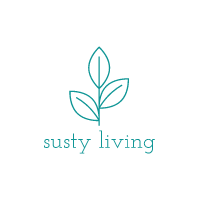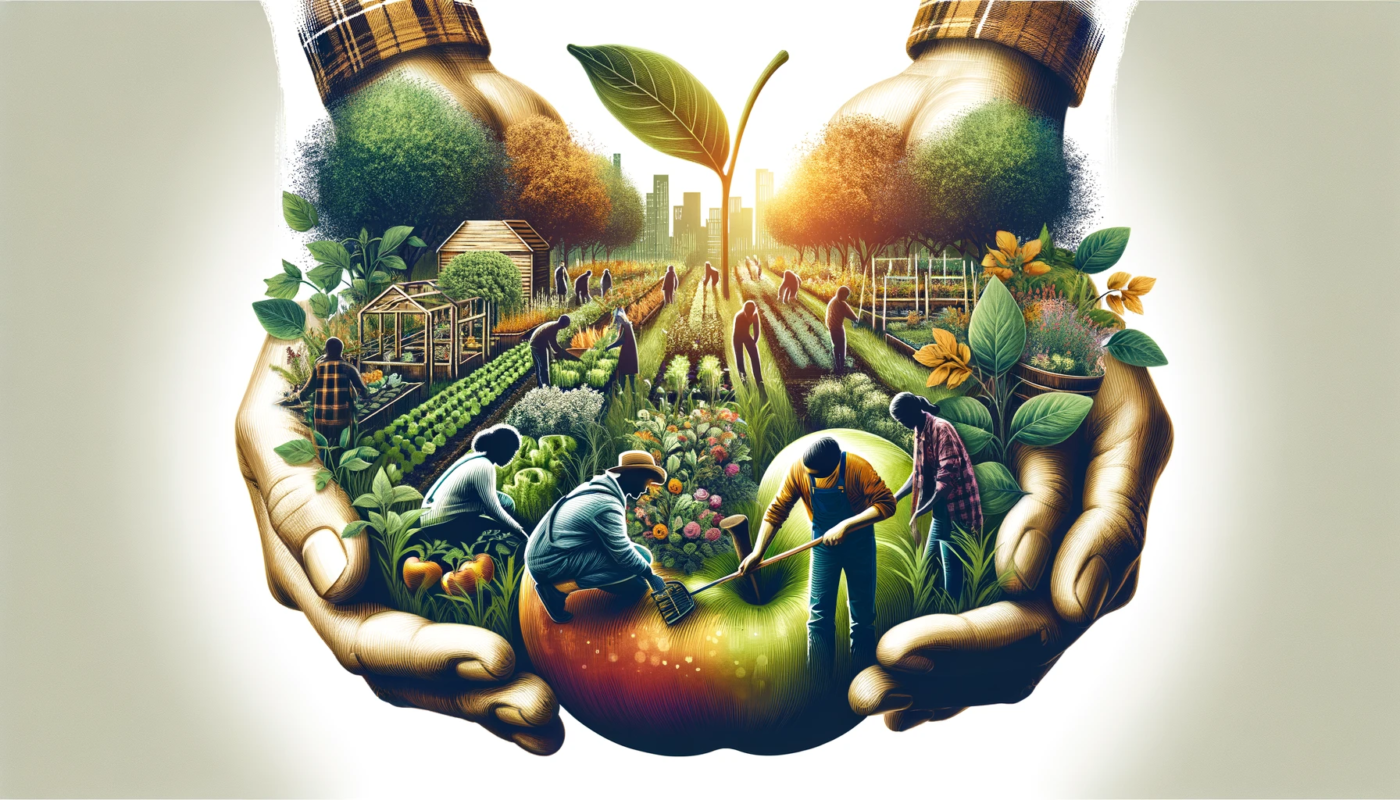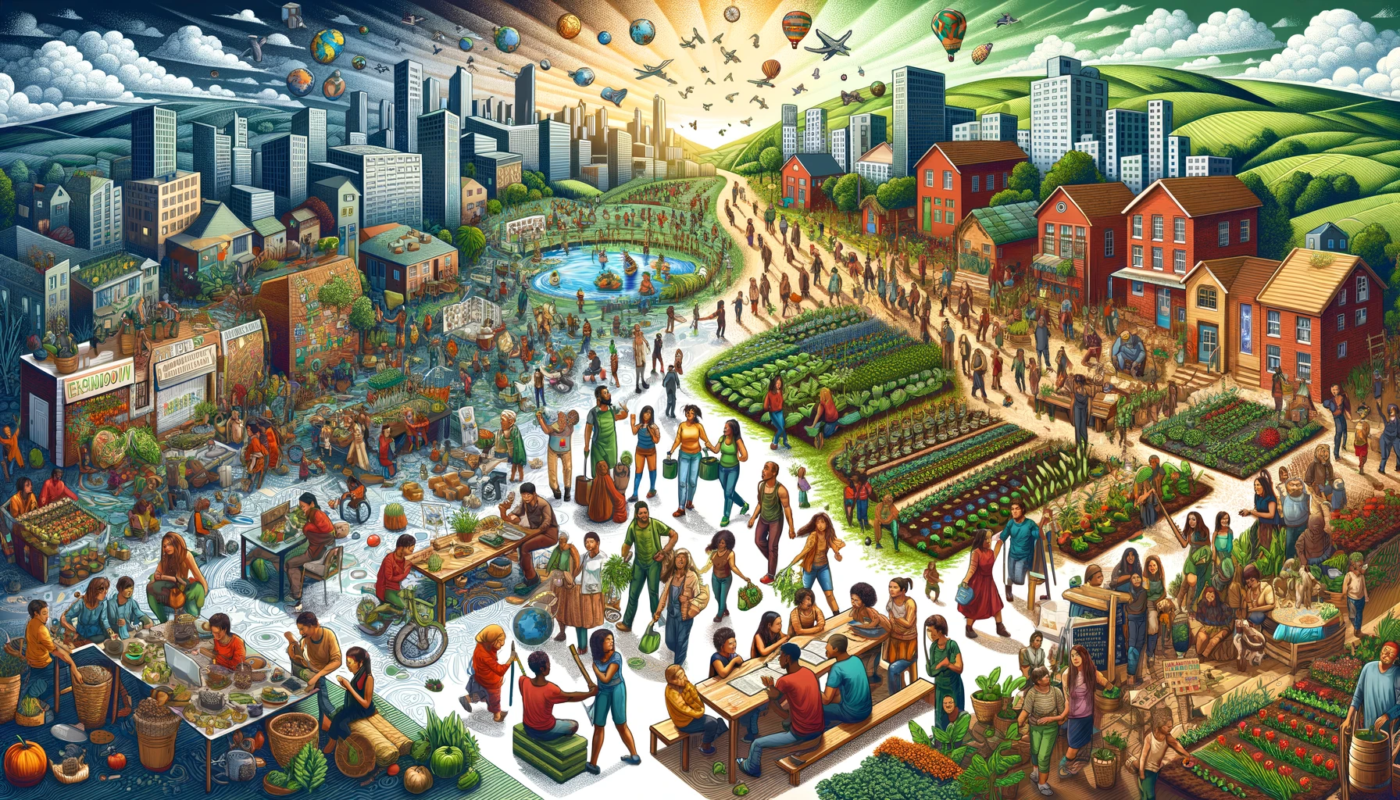A sustainable lifestyle
Living sustainably is not only about reducing your carbon footprint and minimizing your waste. It’s about creating a better future for ourselves and the planet. A sustainable lifestyle empowers us to take control of our lives and make choices that are good for us, good for others, and good for the planet.
By living sustainably, you can make a real difference in the world. You can reduce your environmental impact, support local communities, and help build a more equitable and just society. You can be part of a global movement that is transforming the way we live, work, and interact with each other and the world around us.
Living sustainably means taking a holistic approach to life. It involves making choices that support the environment, social justice, and economic well-being. It means eating healthy, locally grown food, using renewable energy, reducing waste, and conserving water. It means supporting local and sustainable businesses, and advocating for policies that promote sustainability and justice.
But living sustainably is not just about making individual choices. It’s also about working together to create a more sustainable world. By engaging with your community, supporting local initiatives, and advocating for change, you can help build a more sustainable future for everyone.
Living sustainably can be a rewarding and fulfilling experience. It can help you connect with nature, build stronger relationships with others, and find new ways to express your creativity and passions. It can also help you live a healthier and more meaningful life.
So, why not embrace a sustainable lifestyle today? Join the millions of people around the world who are already taking action to create a more sustainable future. Start by making small changes in your daily life and work towards a more sustainable future for yourself, your community, and the planet.





